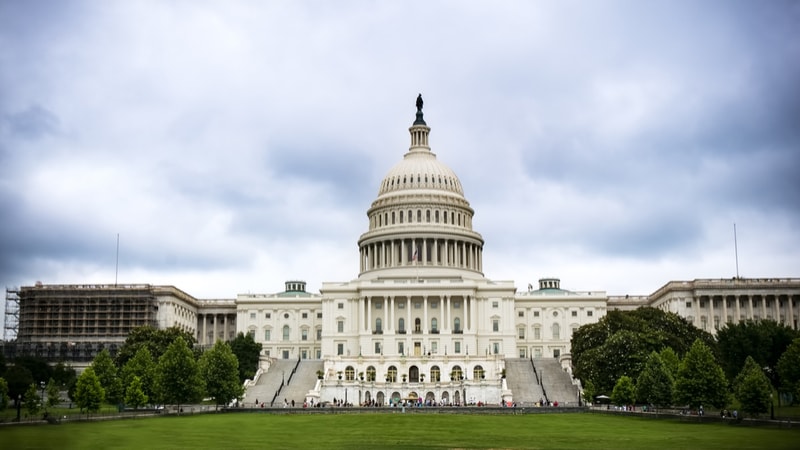
In a move to ward off foreign adversaries, Sens. Ron Wyden, D-Ore., Mike Rounds, R-S.D., and Rep. Anna Eshoo, D-Calif., led the charge to encrypt phone calls between the chambers to protect communications against foreign surveillance.
“Congress must secure itself from the serious threat posed by foreign spies,” the legislators said in a letter to Senate Sergeant at Arms and Doorkeeper Michael Stenger, and House Chief Administrative Officer Philip Kiko. The lawmakers asked that Stenger and Kiko “take immediate action to encrypt, in bulk, all internal calls and other electronic communications between the Senate, House and other components of the legislative branch.”

As a result of that recommendation, the Senate began encrypting internal phone calls in August 2018. Most internal House phone calls are also now encrypted. However, calls between the two are vulnerable to “are still vulnerable to spying by anyone who gains access to the data connection between the two Chambers,” the legislators wrote.
Sens. Wyden and Rounds and Rep. Eshoo were joined by 20 other colleagues in the House and Senate.
Wyden and Rounds were joined by Sens. Angus King, I-Maine, Ben Sasse, R-Neb., Chris Van Hollen, D-Md., James Lankford, R-Okla., Edward J. Markey, D-Mass., John Cornyn, R-Texas, Kamala D. Harris, D-Calif., Jerry Moran, R-Kansas, Brian Schatz, D-Hawaii, and Kevin Cramer, R-N.D., signed the letter. Signing alongside Eshoo were Reps. Mike Gallagher, R-Wisc., Raja Krishnamoorthi, D-Ill., Michael Waltz, R-Fla., C.A. Dutch Ruppersberger, D-Md., Michael T. McCaul, R-Texas, Ted W. Lieu, D-Calif., and Will Hurd, R-Texas.
The letter requested a plan to encrypt calls between the House and Senate by June 12.
